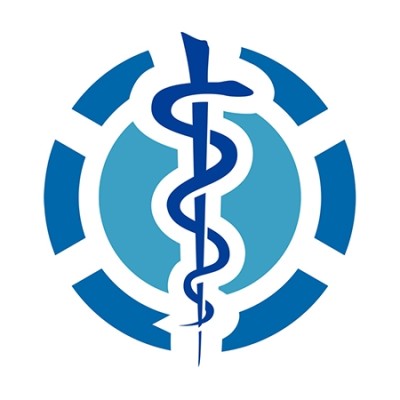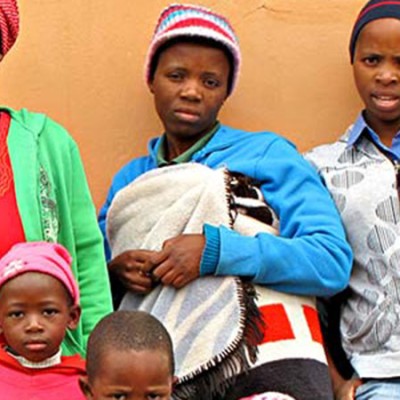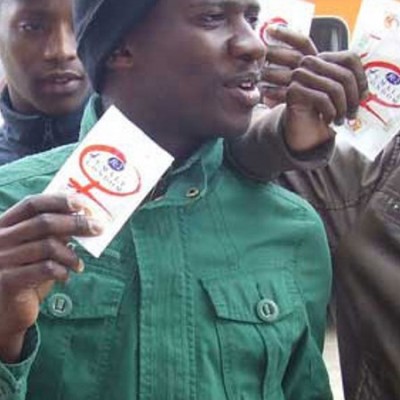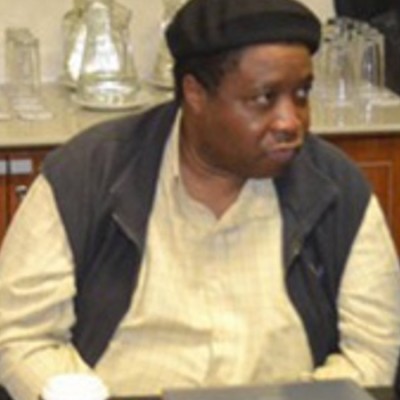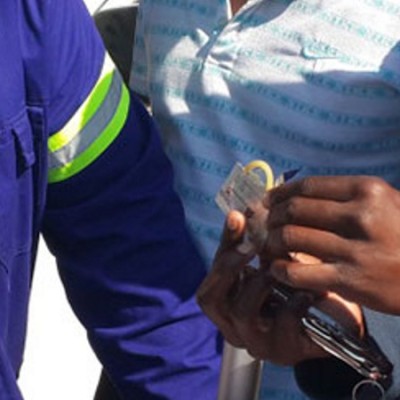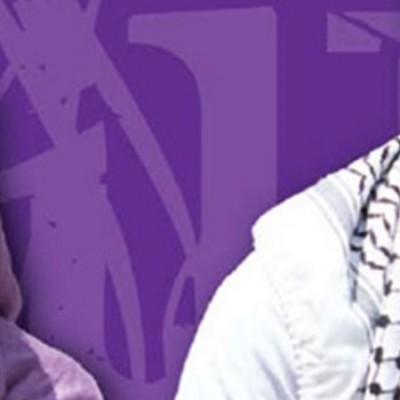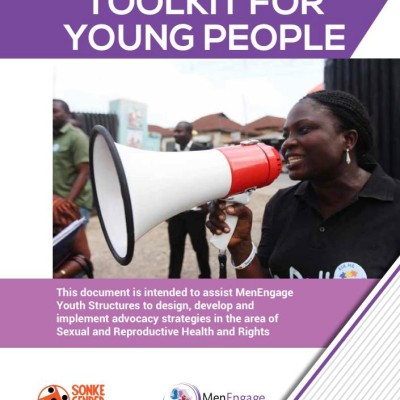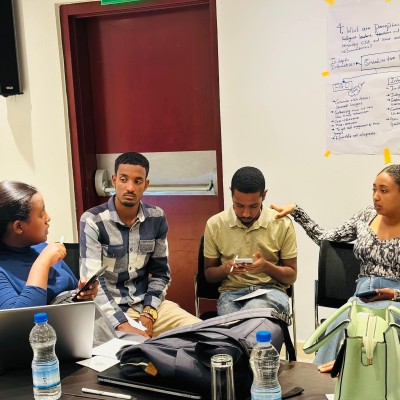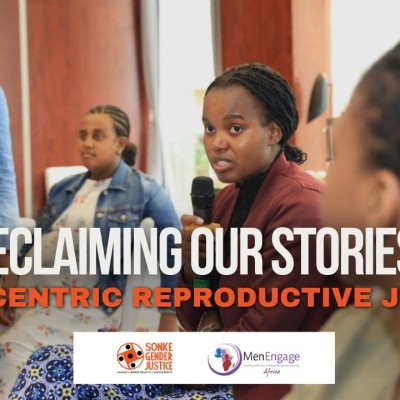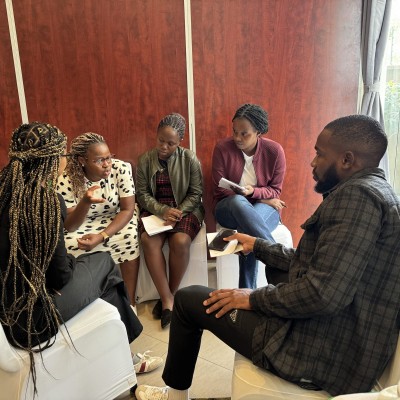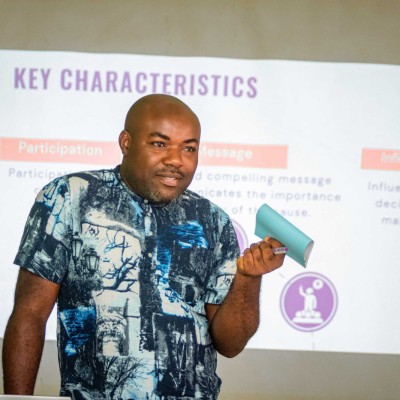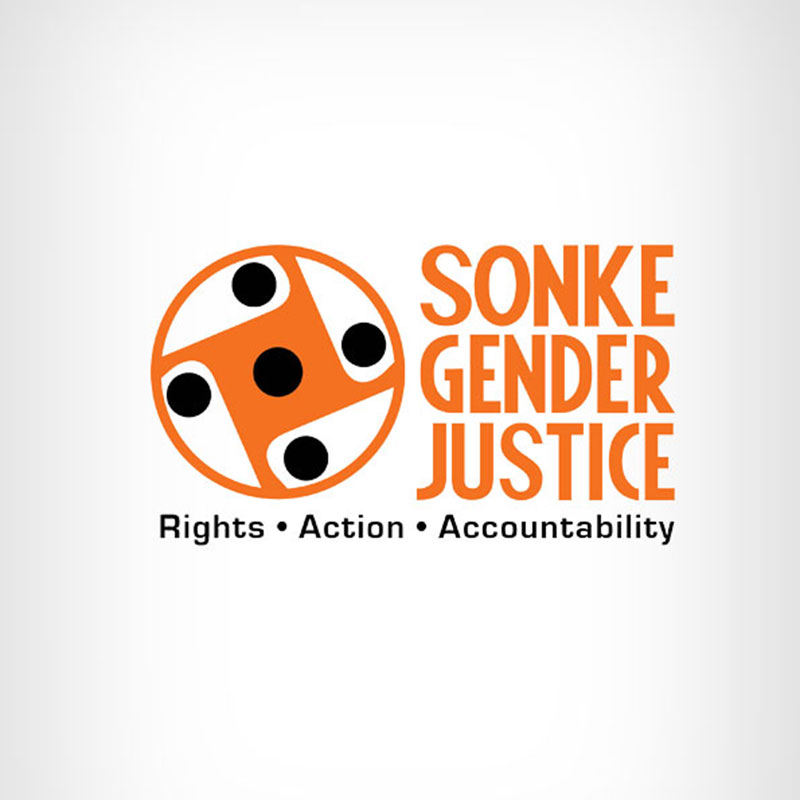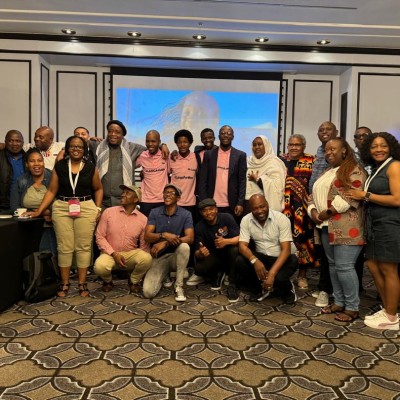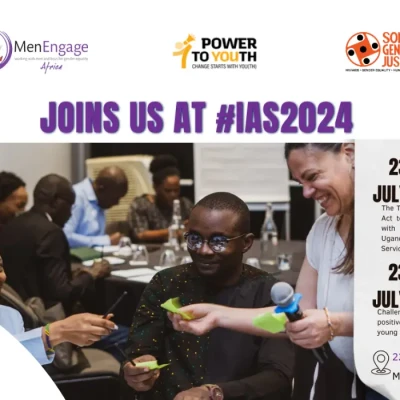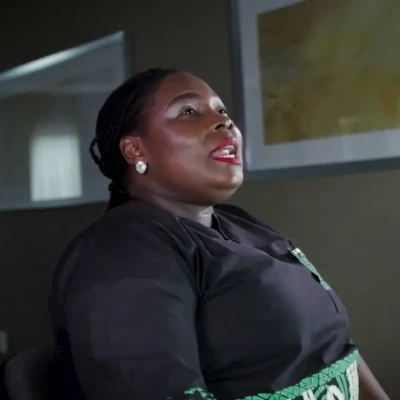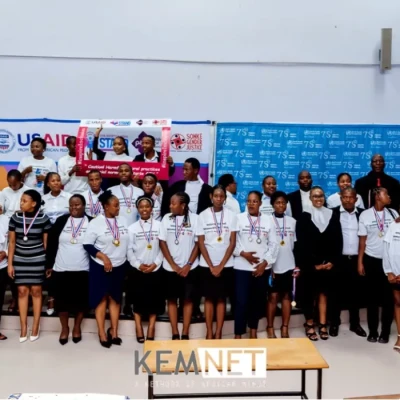Established in January 2013 and as a cross-cutting portfolio, the SRHR portfolio mainstreams SRHR into all of Sonke’s work to ensure that women and men, girls and boys are able to access their rights to sexual and reproductive health education and services, including comprehensive sexuality education. The portfolio builds on Sonke’s internal capacity to do this, including through supporting the development of a set of training and community education materials and advocacy approaches.
The SRHR Portfolio has three overarching goals:
- To build capacity and provide technical assistance both within Sonke as well as among key partners nationally, regionally and globally to promote and provide rights-based and positive-oriented sexual and reproductive health services and education to men, women and young people in all their diversity.
- To support and hold governing bodies and other duty bearers accountable to develop and implement policies and programmes that secure the SRHR for all, including gender transformative language and approaches to engage men and boys.
- To engage men and women in all their diversity around SRHR as clients, equal partners and positive agents of change in their communities.
Some of the activities that the portfolio has undertaken and supported so far include building Sonke’s internal capacity as well as that of our partners within the MenEngage Alliance to build a common understanding of a rights-based and positive-oriented approach to SRHR, particularly within the African context and activities. These inculde:
- Analysing the gender-related issues that could impact the introduction of an ARV- based vaginal gel that could prevent HIV.
- Developing and implementing an advocacy campaign on the prevention of teenage pregnancies that seeks to end the “shaming and blaming” culture around teenage pregnancy, and to promote rights-based and positive-oriented messaging to reduce unintended teen pregnancies.
Providing training and technical assistance on gender integration into SRHR, including family planning, to key partners across the region, including USAID country missions, national governments and civil society organisations.

